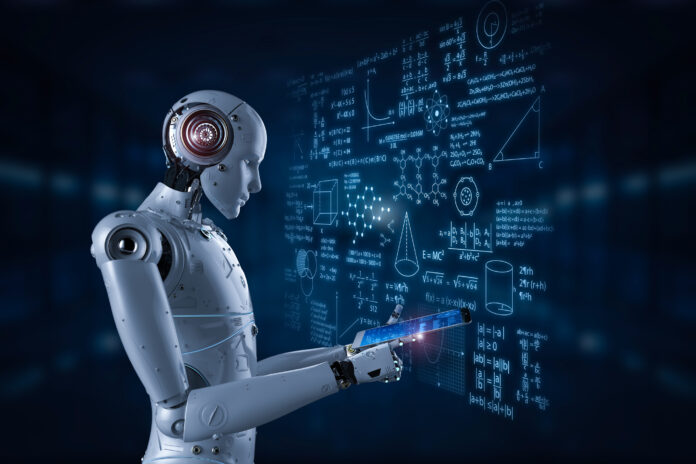A Canada-based Artificial Intelligence backed platform BlueDot found a cluster of pneumonia-like disease spreading in Wuhan, China. This was made possible by scanning health data from multiple sources, the platform was also able to identify the transmission, warning its clients about an immediate global outbreak. This prediction by BlueDot came much before WHO’s official warning to the world about the novel coronavirus threat.
Using AI-based analytics and predictive modeling techniques provides a clear perception of the spread of diseases and also helps in forecasting the future outbreaks in time which makes authorities able to prevent them. Taking the data of the previous 10 years, it is clear that a series of outbreaks have shaken the world from SARS, Ebola, Nipah, and finally COVID- 19. Even now also the world is not prepared to deal with such pandemics, new-age digital and AI-backed technology using biosensors and remote monitoring is offering new ways to tackle such a health crisis. From this, we can clearly say that AI is helping the human race identify, tackle, and such outbreaks.
With faster diagnosis using AI is critical to controlling the spread of the disease and also helps in flattening the curve. During the spread of COVID-19, a large number of AI-based are helping the medical researchers to improve its diagnosis and research capabilities. Researchers in China, the epicenter of COVID-19 has claimed to have successfully used AI to diagnosis the disease from CT Scans of lungs. And this also proved to be a much faster diagnostic solution than the sputum test currently being used. Other researches are coming from the US and the UK has developed an AI model that can predict someone having COVID-19 using their symptoms. Also, the good news is coming from India where a professor from Mumbai has claimed to have developed an AI tool that predicts disease through a voice-based diagnosis using a smartphone. From this all we can clearly state that AI-based tools are offering a new-age solution to diagnose, tackle, and prevent this type of pandemics in the future. In Israel, a health insurance company is using AI technology to run a data screening on its members to identify those who are most at risk of COVID-19. This tool is developed to predict COVID-19 by analyzing data such as age, BMI, and also on the previous history of hospital admission. By looking into these examples from around the world we can say that AI and other predictive tools are helping researchers to do their work on these pandemics.

